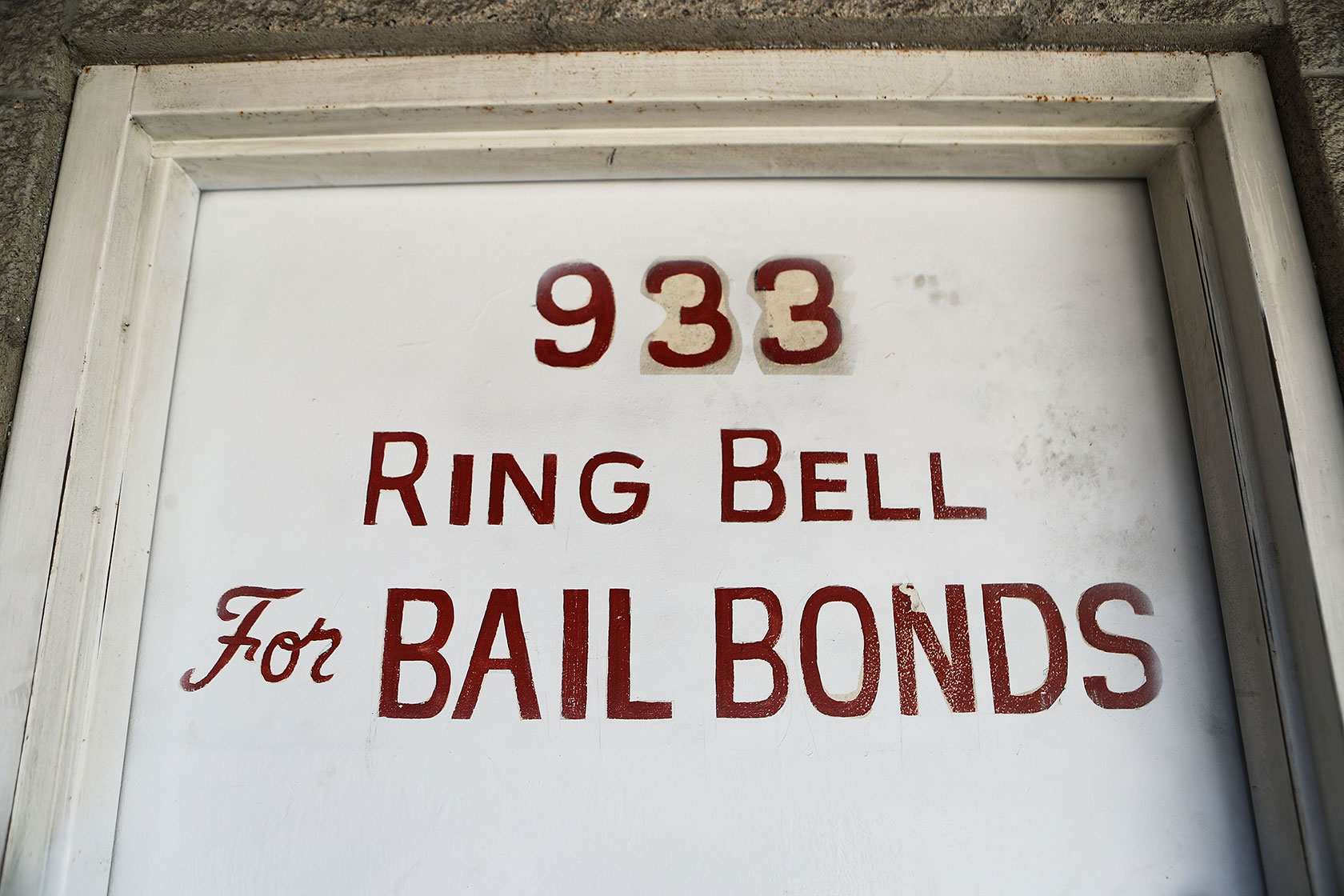Recognizing the Kinds Of Bail Bonds Available for Various Circumstances
Browsing the intricacies of bail bonds is important for any person included in the lawful system, as the selection of bond can significantly impact the end result of a case. Numerous kinds of bail bonds, such as money, surety, property, migration, and government bonds, each present one-of-a-kind terms and ramifications. Understanding these differences not only aids in making informed choices yet likewise ensures compliance with legal demands. As we discover each type, the nuances and obligations associated with them will end up being progressively clear, prompting a much deeper assessment of their relevance in specific situations.

Cash Money Bail Bonds
Securing a release from jail commonly involves making use of cash bail bonds, which require the defendant or their representative to pay the full bail quantity in money to the court. This approach is uncomplicated and includes the accused being released from protection once the cash money is paid, given that the bail is set by the court. Money bail bonds are usually used for defendants that have the economic resources to manage the total bail amount upfront.
The key advantage of cash bail bonds is the prompt launch of the defendant, enabling them to go back to their typical life while awaiting test. In addition, once the instance is solved, the bail quantity is refunded to the individual who published it, thinking all court looks are made. Nevertheless, if the defendant falls short to appear, the court might waive the cash money, leading to an economic loss.
It is critical for accuseds to comprehend the implications of making use of cash money bail bonds, consisting of the prospective economic problem of binding significant funds until the case ends. Because of this, discovering all bail alternatives, including the monetary feasibility of paying cash money bail, is crucial for informed decision-making.
Guaranty Bail Bonds
Guaranty bail bonds provide an alternative to pay bail by enabling a 3rd party, normally a bondsman, to guarantee the complete bail quantity in support of the accused. This arrangement enables people who may not have the financial methods to pay the complete bail amount upfront to secure their release from guardianship while awaiting trial.
When an accused chooses a guaranty bail bond, they usually pay the bail bondsman a non-refundable cost, typically around 10% of the overall bail quantity. In exchange, the bail bondsman presumes the economic danger and pledges the complete bail total up to the court. If the accused falls short to show up for their scheduled court dates, the bail bondsman is in charge of paying the complete bail total up to the court and may pursue the offender to recuperate losses.
Guaranty bail bonds can be especially beneficial in situations where the bail amount is significant, permitting offenders to preserve their freedom throughout lawful process. It is critical for offenders to fully comprehend the terms and problems of the arrangement with the bail bondsman to prevent prospective issues.
Building Bail Bonds
Building bail bonds stand for a special alternative to traditional cash money bail or surety bonds, making it possible for defendants to use actual estate as security to protect their release from protection. This kind of bail bond is particularly beneficial for people who might not have fluid money conveniently available but very own valuable property, such as land or a home.
When an accused selects a residential property bail bond, they should offer the bail bondsman with an act to the residential property. This action works as security, making certain that the bondsman can recover their financial commitment in case the accused stops working to stand for court proceedings. The value of the residential or commercial property need to typically exceed the bail quantity, with a common need being a minimum of 150% of the bail.
It is important for offenders to understand that if they do not meet their court responsibilities, the bail bondsman deserves to confiscate on the property. While home bail bonds can supply a sensible option for securing launch, they come with substantial risks. Defendants should carefully consider their situation and seek legal guidance to navigate this alternative efficiently.
Immigration Bail Bonds
Individuals facing immigration-related apprehension may discover migration bail bonds to be a crucial resource for regaining their liberty while browsing the legal procedure. These bonds particularly accommodate individuals restrained by U.S. Immigration and Traditions Enforcement (ICE) or other migration authorities, enabling them to secure their launch while waiting for hearings or decisions concerning their immigration status.
Migration bail bonds look these up differ from traditional bail bonds because they are commonly established by an immigration court and might call for a greater premium, mirroring the complexities associated with migration situations. Usually, the amount is determined based on various elements, including the detainee's flight risk and ties to the community.
In addition, migration bail bonds can be especially challenging due to the fact that they encompass numerous lawful nuances, including potential detention for expulsion functions. By using these bonds, detainees can preserve their every day lives, look for legal depiction, and get ready for their court looks - Vista bail bonds. It is jail without bail a good idea for people to speak with attorneys who concentrate on migration regulation to ensure they recognize the effects of protecting a migration bail bond and the responsibilities it requires
Federal Bail Bonds
Federal bail bonds act as an essential mechanism for defendants facing federal costs to secure their release from custodianship while awaiting test. Unlike state fees, government offenses generally include much more complicated lawful process, which can lead to extensive pretrial apprehension. A government bail bond warranties that the offender will appear at all required court hearings, thus lessening the threat to the judicial procedure.

The cost of a government bail bond typically ranges from 10% to 15% of the overall bail amount, which is non-refundable. Furthermore, collateral might be needed to protect the bond, additional guaranteeing the accused's compliance with court anonymous appearances. Recognizing the intricacies of federal bail bonds can significantly influence an offender's capability to browse the legal system successfully.
Final Thought
In summary, the different types of bail bonds-- money, surety, residential property, migration, and federal-- each serve specific legal and economic demands within the justice system. Comprehending these differences is important for successfully browsing the intricacies of securing release from custody. Each bond type brings distinct responsibilities and effects, stressing the relevance of informed decision-making. Inevitably, a complete comprehension of these choices will facilitate much better results in legal procedures and boost the total understanding of the bail procedure.